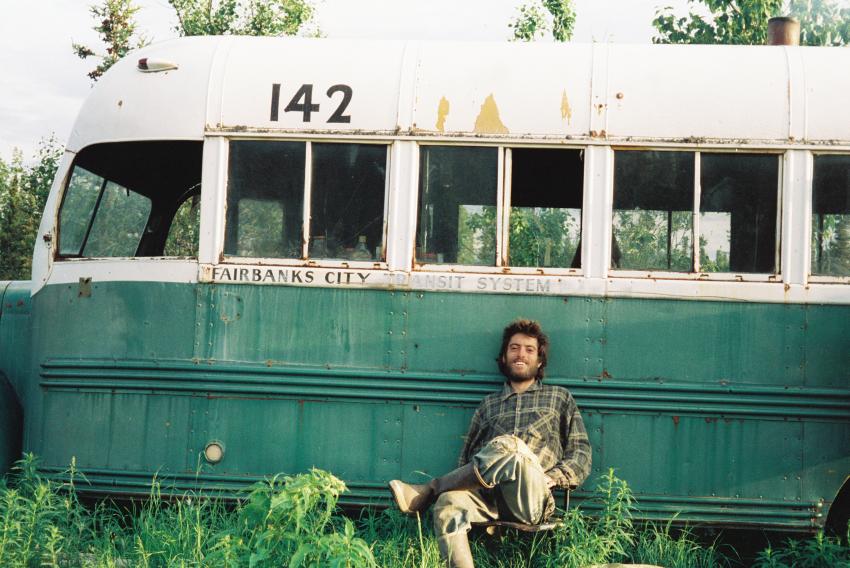According
to Ishmael, one of the biggest offenses humans have made against the world is
our boundless population expansion, and subsequent increase in resource
production, which fuels even more population expansion. One of the more stunning
moments I had while reading the book was when Ishmael predicted how human
population would grow in the near future. Ishmael claimed that:
“At present
there are five and a half billion of you here, and, though millions of you are
starving, you’re producing enough food to feed six billion. And because you’re
producing enough food for six billion, it’s a biological certainty that in
three or four years there will be six billion of you. By that time, however
(even though millions of you will be starving), you’ll be producing enough food
for six and a half billion - which means that in three or four years there will
be six and a half billion” (Quinn, 139).
 |
| Graph of expanding population (International...) |
This was the first time that I was
brought back to reality in a text that had been mostly theoretical, this was
the first time that I looked down from the “taker thunderbolt” and realized
that we may be about to crash into the ground. This prediction of population growth
was spot on, seeing as how today we have passed seven billion and have already
begun moving towards eight billion. This is the ultimate infraction of the
peace keeping law, the ultimate blunder with the belief that we have the
knowledge of good and evil. As Ishmael explains, we believe that being limited
as a population is evil, so we grow without limit, which must be good. We ignore
the fact that by expanding we are wiping out other animals, because we believe
it is our destiny to conquer the world. Ishmael outlines an important problem
in society, but doesn't say much about how to fix it, other than that it
involves following the peace keeping law.
A well
known real world example of attempted population control is China’s
controversial one problem of overpopulation and continue to “conquer”
the world. The fact that in our culture
population child policy. This policy limits most couples to having only one child in an attempt to lower birth rates and slow population growth, with penalties for breaking this law. Even though China has the highest population of any country in the world, they recently formally relaxed the policy, allowing new exceptions for couples to have multiple children (China...). Many people view the policy as immoral, believing that couples should be free to have as many children as they want, and this is a perfect example of how our culture encourages us to ignore the control seems outrageous doesn't make the problem go away, it still
exists, and we are taking away any forms of limitation such as China’s policy.
Humans
are still expanding, and yet we are still opposed to any population control
such as China’s policy. We continue to
do nothing about this problem while our civilization continues to grow to the
point where we crash and burn. The reason the topic of population rung true for
me was because this is where I can hear mother culture whispering in my ear
that limiting ourselves is immoral. Ishmael has opened my eyes to the problems
that face humanity, and yet I still can’t shake the thought that it is
inherently wrong to stop expanding our population. I know that population
control seems immoral, but overproduction, over consumption and overpopulation
are huge problems, and they will run our “Taker thunderbolt” into the ground.
The question is, can we as a species overcome mother culture, or will we just
continue to overpopulate and overproduce until we destroy the world?
Works Consulted:

